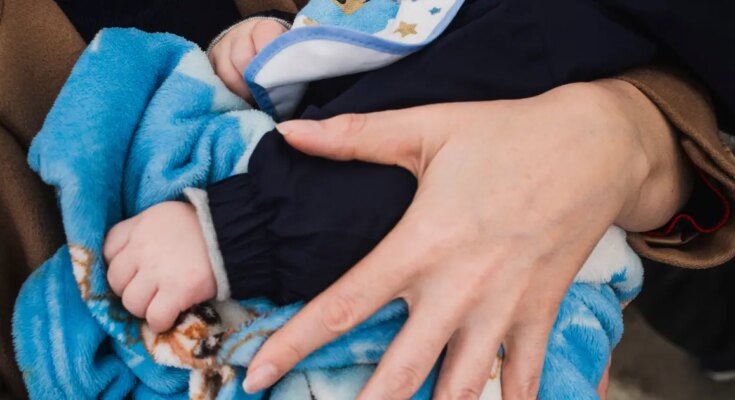Exiled women are women who are largely forgotten by admissions and integration policies. Even though one in two immigrants in France are women, they are absent from representation and debates around migration. Their voices and demands are not present in public spaces, let alone heard.
To be a woman and a migrant is to experience intersecting discrimination – sexism, xenophobia, racism, LGBTIphobia – and to see barriers stack up: in access to rights, care, language, work, security. It also often means enduring precarious, isolated conditions and seeing one’s situation further weakened by uncertainty surrounding one’s administrative status. Our public policies must urgently recognize the mechanisms of exclusion that women in exile face. Therefore, our admissions system must stop reproducing – or even exacerbating – the inequalities of which it is a victim.
Exiled women are especially vulnerable to violence in their countries of origin, on the path of exile, and in the host countries that are supposed to protect them. In France, women seeking asylum who have recently arrived in the country are eighteen times more likely to be victims of rape than other women.
We also know that female newcomers have higher qualifications than male newcomers, but they are half as likely to be hired in the year after their arrival.
Faced with these disparate findings, what is our institutional response?
Waiting periods in access to health insurance, which delay access to services. Chronic inadequacy and, worse still, a reduction in accommodation for asylum seekers, expose women to street life and new attacks or networks of exploitation. A lack of childcare solutions prevents mothers among them from learning French or working. Lack of recognition of skills and diplomas locks them into dangerous and unappreciated work.
The January 2024 immigration law makes no mention of exiled women and their specific needs. It remains blind to the violence experienced and highlights the legal and administrative insecurity that endangers and undermines these women’s way of life. By tightening admission and stay conditions, reducing aid, and making procedures more complicated, the law ignores a gender-sensitive approach.
We demand a feminist approach to migration policy. It is important to provide appropriate care, accommodation where women in exile can live in peace, and stable residence permits. These policies should also provide accessible French language courses, better access to training and employment, and childcare solutions that enable mothers to access them. Our public policies should also make it possible to train professionals in the fields of health, justice and acceptance of foreigners in these issues. Finally, plans to combat sexual and gender-based violence and all forms of discrimination must be strengthened and take full account of the special situation of women in exile.
Like all of us, women in exile demand justice, dignity and equality. It is time for our policies to fulfill the Republican promises of liberty, equality, and fraternity.



